
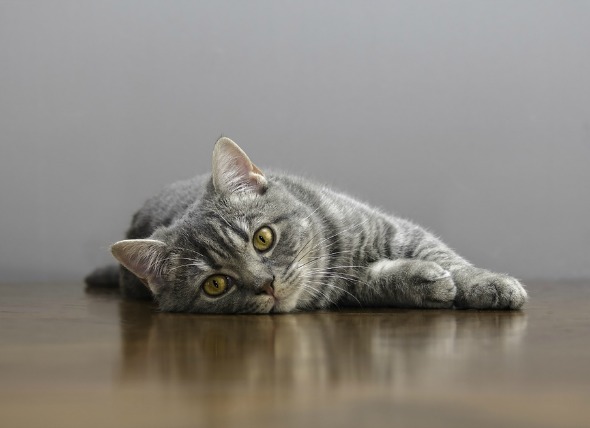
Cats will commonly vomit from time to time, often because they might have eaten something that upset their stomachs, or simply because they have sensitive digestive systems. However, the condition becomes acute when the vomiting does not stop and when there is nothing left in the cat's stomach to throw up except bile. It is important you take your pet to a veterinarian in these cases.
While vomiting may have a simple, straightforward cause, it may be an indicator of something far more serious. It is also problematic because it can have a wide range of causes, and determining the correct one may be complicated.
The condition described in this medical article can affect both dogs and cats. If you would like to learn more about how this condition affects dogs, please visit this page in the petMD health library.
Some of the more common symptoms include:
Some possible risk factors include:
Bring a sample of the vomit to the veterinarian. The veterinarian will then take the cat's temperature and examine its abdomen. If it turns out to be no more than a passing incident, the veterinarian may ask you to limit the cat's diet to clear fluids and to collect stool samples over that period, as the underlying cause may be passed along in the stool. Occasionally, the cat's body may use vomiting to clear the intestines of toxins.
If the vomit contains excessive amounts of mucus, an inflamed intestine may be the cause. Undigested food in the vomit can be due to food poisoning, anxiety, or simply overeating. Bile, on the other hand, indicates an inflammatory bowel disease or pancreatitis.
If bright red blood is found in the vomit, the stomach could be ulcerated. However, if the blood is brown and looks like coffee grounds, the problem may be in the intestine. Strong digestive odors, meanwhile, are usually observed when there is an intestinal obstruction.
If the obstruction is suspected in the cat's esophagus, the veterinarian will conduct an oral exam. Enlarged tonsils are a good indicator of such an obstruction.
Treatment is dependent on the underlying cause of the vomiting; some of the veterinarian's possible suggestions include:
Always follow the recommended treatment plan from your veterinarian. Do not experiment with medications or food. Pay close attention to your cat and if it does not improve, return to your veterinarian for a follow-up evaluation.
 What Kind Of Human Food Can Cats Eat?
People Food For CatsMany cat
What Kind Of Human Food Can Cats Eat?
People Food For CatsMany cat
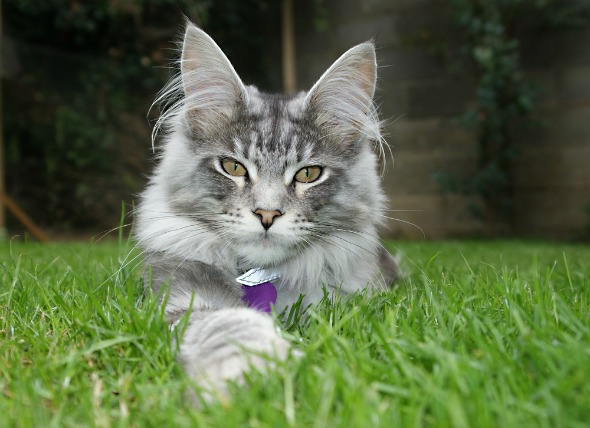 Heart Disease (Hypertrophic Cardiomyopathy) in Cats
Cardiomyopathy, Hypertrophic in Cats
The heart ha
Heart Disease (Hypertrophic Cardiomyopathy) in Cats
Cardiomyopathy, Hypertrophic in Cats
The heart ha
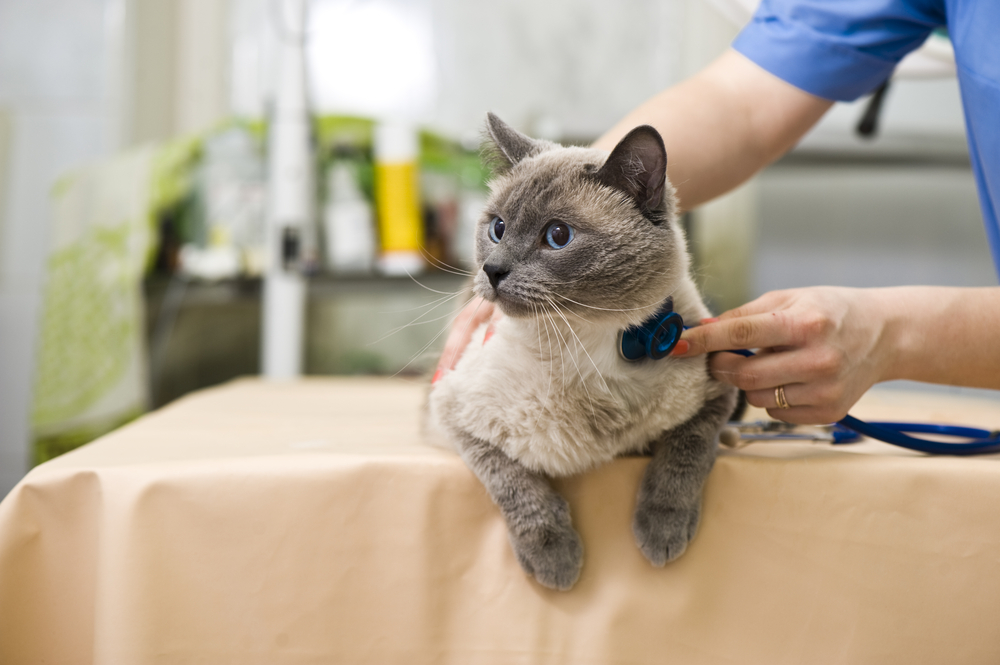 Pyruvate Kinase Deficiency in Cats
A deficiency in the enzyme Pyruvate Kinase (PK) i
Pyruvate Kinase Deficiency in Cats
A deficiency in the enzyme Pyruvate Kinase (PK) i
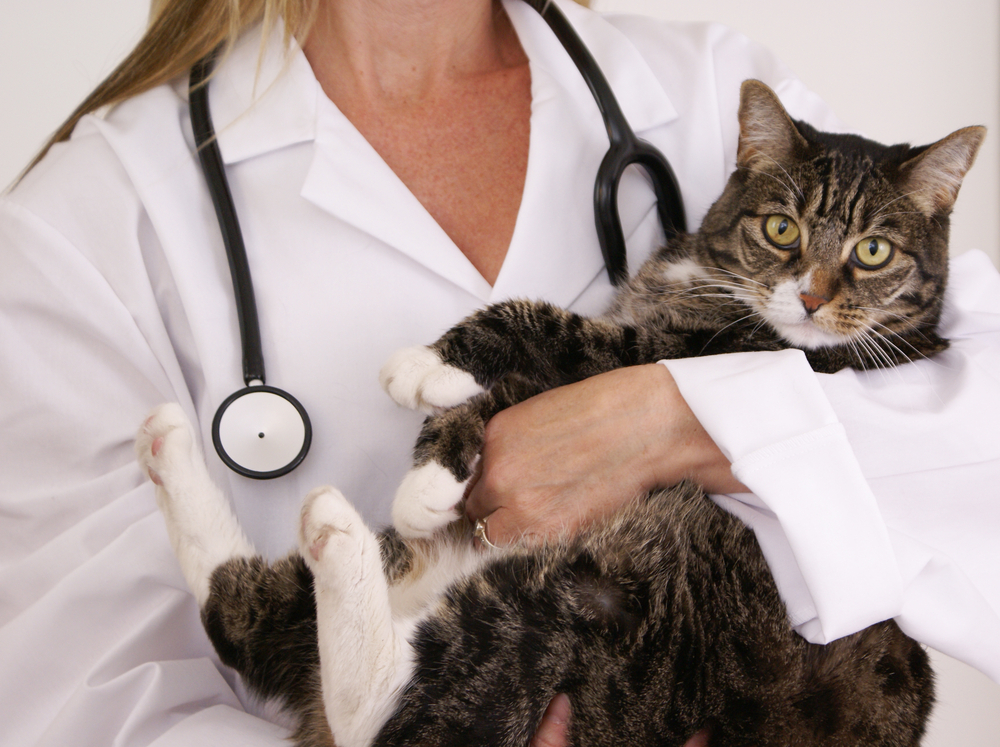 Fungal Infection (Yeast) in Cats
Cryptococcosis in Cats
Cryptococcus is a yeastlik
Fungal Infection (Yeast) in Cats
Cryptococcosis in Cats
Cryptococcus is a yeastlik
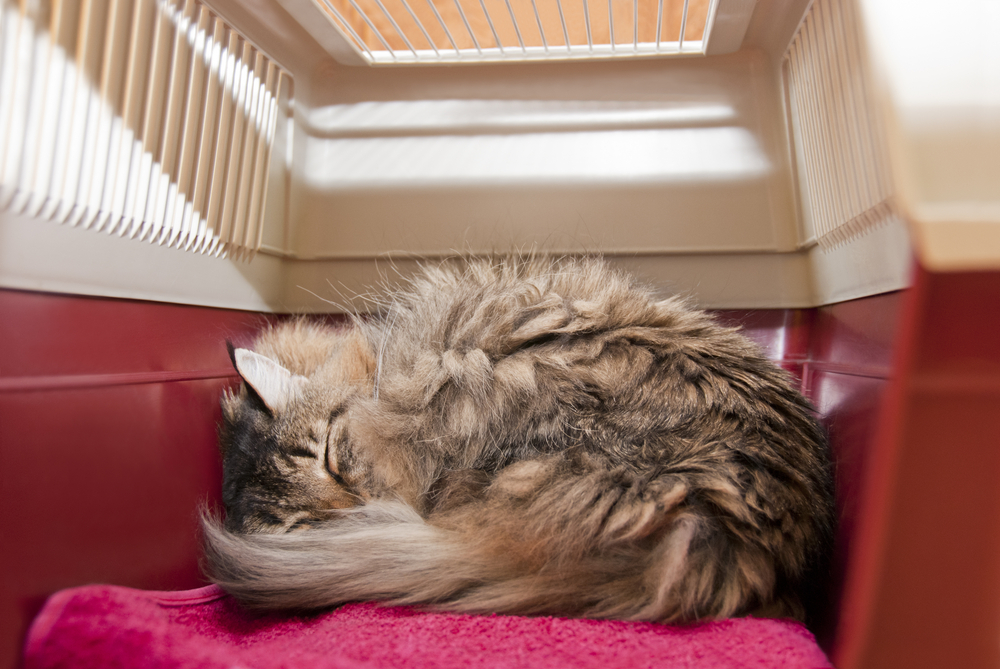 Acne in Cats
Acne in Cats
Cat acne is found almost exclusively on the
Acne in Cats
Acne in Cats
Cat acne is found almost exclusively on the
Copyright © 2005-2016 Pet Information All Rights Reserved
Contact us: www162date@outlook.com